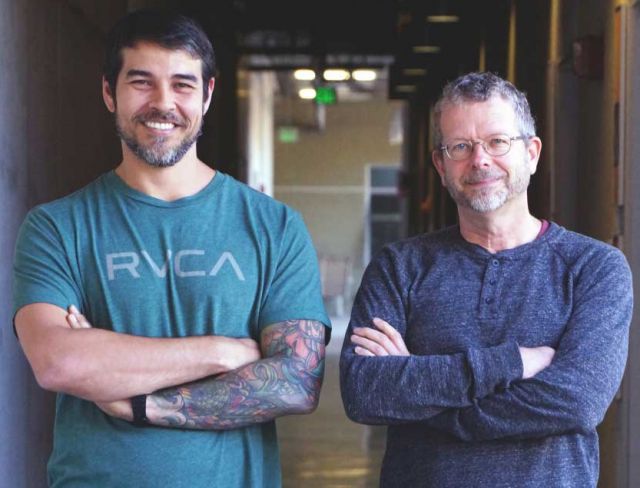Hope on the Horizon
Researchers in the Weimbs Lab find a method to potentially stop and reverse polycystic kidney disease.

Hereditary and relatively common, polycystic kidney disease (PKD) has long been thought to be progressive and irreversible, condemning its sufferers to a long, slow and often painful decline as fluid filled cysts develop in the kidneys, grow and eventually rob the organs of their function. Progress toward finding a cure has been sluggish, with only one drug proven to slow — but not stop — the progression of PKD. But now, thanks to research conducted by MCDB professor Thomas Weimbs, postdoctoral researcher Jacob Torres and their team, a solution may be no farther than the end of your fork. Diet, they discovered, could hold the key to treating PKD. “It’s surprisingly effective — much more effective than any drug treatment that we’ve tested,” Weimbs, whose work focuses primarily on the molecular mechanisms underlying polycystic kidney disease and related renal diseases, said of his group’s discovery. Their work appears in the journal Cell Metabolism.